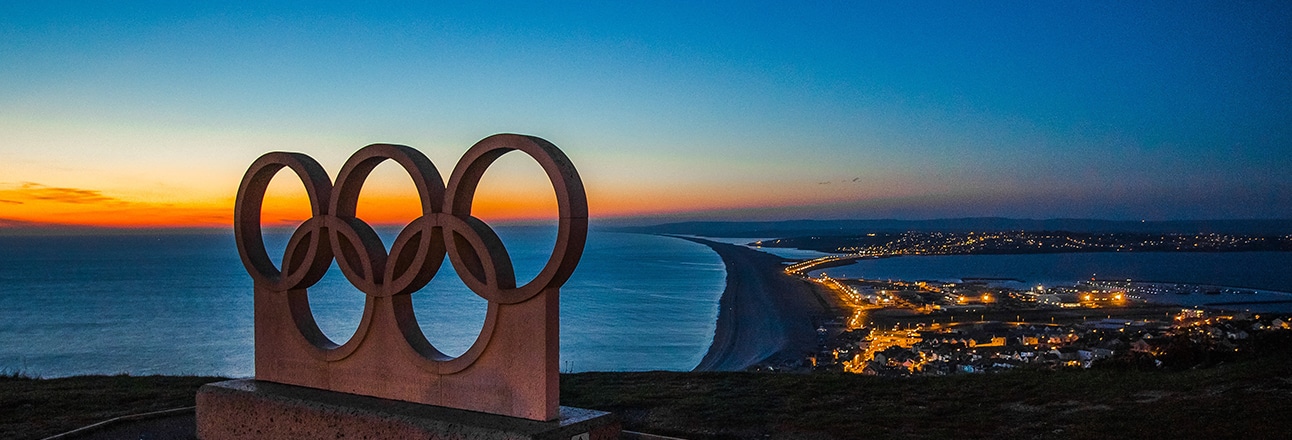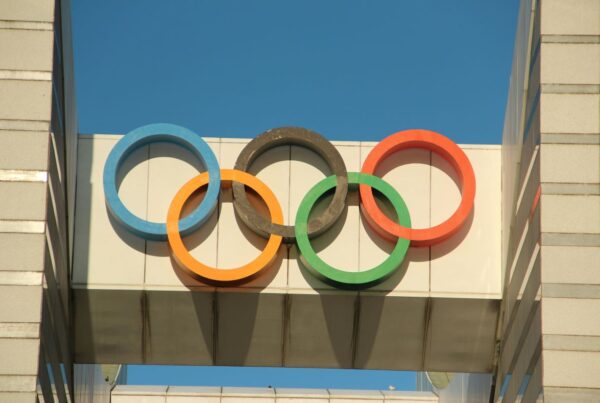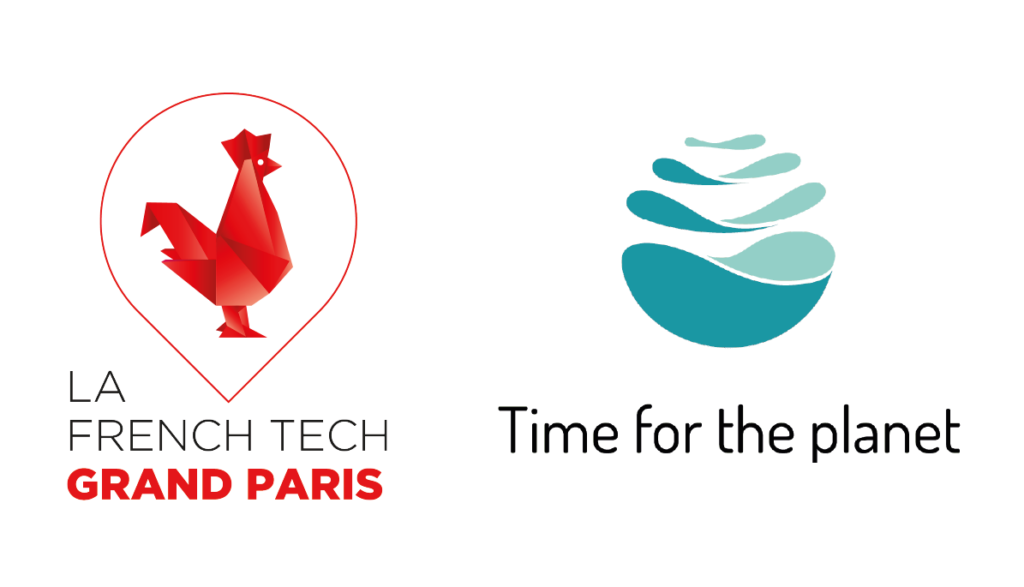All eyes are on Paris. The host city of the 2024 Olympic Games, which has one of the most complex and high-performance, as well as controversial, transport systems in Europe, faces many challenges. Hosting the biggest global sporting event, which involves huge stakes for the economy and tourism, means the French capital has to establish a rapid and effective plan to transform its transport offering and digitise the city.
Paris Smart City: increasing the attractiveness of transport in Paris
With issues such as a lack of accessibility for people with reduced mobility, frequent interruptions due to breakdowns and failures, physical transport tickets, and missing or incorrect information, transport services in the Île-de-France region have achieved mixed results.
However, the region’s vast transport network and infrastructures are essential for the hosting of the Olympic Games, which will be held in Paris and a few other French cities in the summer of 2024. The city’s bid, led by Anne Hidalgo, was based on the strength of its network, as well as major renovation works intended to create capacity for large numbers of tourists.
For Paris, the hosting of the Olympic Games is an opportunity to begin its transformation towards widespread use of smart technologies and earn the sought-after title of ‘smart city’. This urban challenge promises to make connectivity work for people, in order to increase the attractiveness of the most visited city in the world. Behind this renewal driven by French tech, there is an extremely important image challenge for the city, which is directly linked to the economic stakes involved in the Olympic Games.
With this in mind, Paris must remodel its transport system in order to provide a simple, accessible and pleasant experience for its (very) many future passengers.
Paris 2024: which solutions for the transport challenges?
With Paris 2024 on the horizon, there is an opportunity to find new solutions for the critical challenges of sustainable local growth (saturation of infrastructures, pollution, accessibility, etc.), while putting users, rather than transport modes, at the centre of the mobility offering. This reinvention is built on current technological developments in three areas: connected mobility, zero emissions and autonomy.
Towards connected transport
With real-time analysis of traffic flows, autonomous vehicles in the Olympic village, and WiFi in the metro to guarantee information access, the first challenge of this new generation of public transport will be to integrate connected technologies in order to give passengers a richer and, above all, more reliable experience. Major industrial companies and numerous startups are working together to provide enhanced transport services and answer these transport challenges.
Bikes instead of personal vehicles
The Île-de-France region’s aim is unambiguous: 100% of spectators will be able to access a public transport solution to travel to competition venues. This challenge is ambitious: there are no plans to provide car parks near venues, in order to encourage people to leave their cars at home during this extremely busy period.
This infrastructure choice will enable the City of Paris to make greener transport modes, such as the bicycle, more accessible. With this in mind, 73% of spectators should be able to reach competition venues by bicycle within 30 minutes from the centre of the capital city, and many facilities will be provided to encourage people to get around the city with no gas emissions.
Paralympic transport challenges
The Paris 2024 bid included an ambitious public transport project for the Île-de-France region. Works are underway to build several high-tech stations and create links between peripheral towns and the city network, with the first ‘Grand Paris Express’ or ‘supermétro’ trains set to enter service in 2022. All will be fully equipped for passengers with reduced mobility.
This is one of the major problems of the current Île-de-France network and nowaday transport challenges: suburban trains and the metro are not very accessible. The region must work to open up new possibilities in order to host the Paralympic Games. The objective for 2024 is to make 60% of the network accessible for the opening of the Olympic Games and, above all, to assist passengers by providing information beforehand.
Having received much criticism during the Olympic Games in Rio, public transport is a crucial challenge for the hosting of the 2024 Games. While France’s bid was based on the promise that the Île-de-France transport network will be the “best public transport system in the world”, the region still has a long way to go if it is to achieve the objectives it has set itself for accessibility, environmental responsibility and performance.









